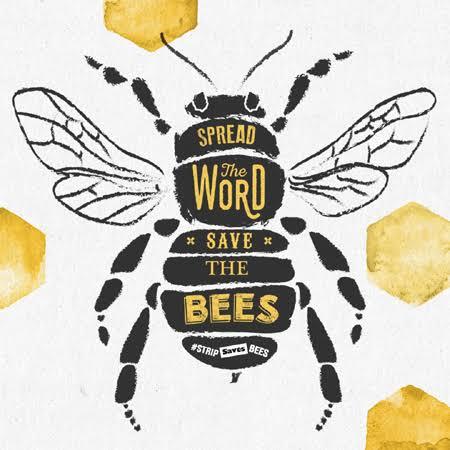Common sense actions can restore and protect the world’s bees. Here’s a strong start:
Ban the seven most dangerous pesticides.
Protect pollinator health by preserving wild habitat.
Restore ecological agriculture.
Ecological farming is the overarching new policy trend that will stabilize human food production, preserve wild habitats, and protect the bees. The nation of Bhutan has led the world in adopting a 100 percent organic farming policy. Mexico has banned genetically modified corn to protect its native corn varieties. Eight European countries have banned genetically modified crops and Hungary has burned more than 1,000 acres of corn contaminated with genetically modified varieties. In India, scientist Vandana Shiva and a network of small farmers have built an organic farming resistance to industrial agriculture over two decades.
Ecological, organic farming is nothing new. It is the way most farming has been done throughout human history. Ecological farming resists insect damage by avoiding large monocrops and preserving ecosystem diversity. Ecological farming restores soil nutrients with natural composting systems, avoids soil loss from wind and water erosion, and avoids pesticides and chemical fertilizers.
By restoring bee populations and healthier bees, ecological agriculture improves pollination, which in turn improves crop yields. Ecological farming takes advantage of the natural ecosystem services, water filtration, pollination, oxygen production, and disease and pest control.
Organic farmers have advocated better research and funding by industry, government, farmers, and the public to develop organic farming techniques, improve food production, and maintain ecological health. The revolution in farming would promote equitable diets around the world and support crops primarily for human consumption, avoiding crops for animal food and biofuels.

